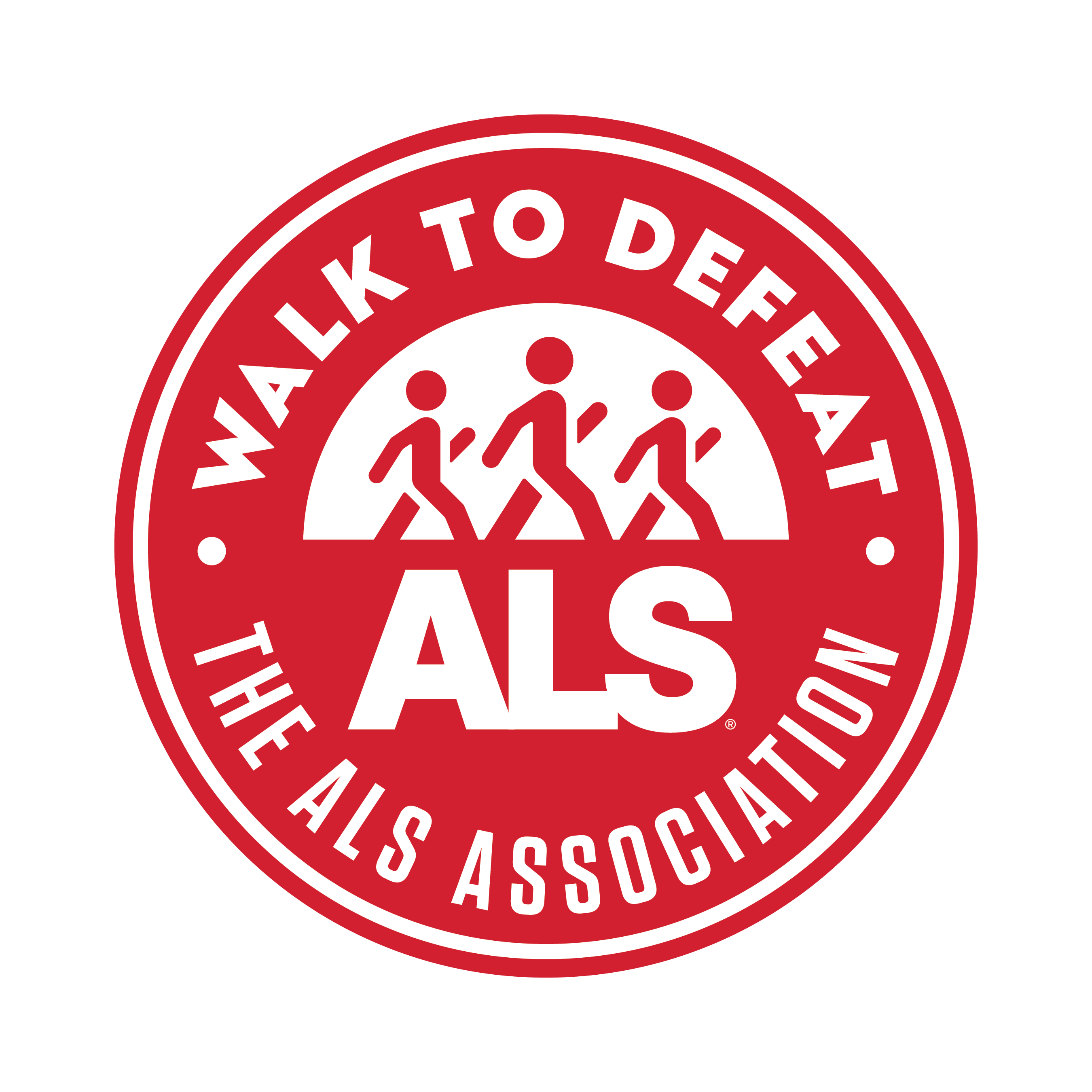Advanced Directives
What is an Advanced Directive?
If you want your wishes to guide those responsible for your care you have to plan for what you want in advance. Such planning is needs to be put into writing to be effective. So, by an "advance directive" we mean any written directions you prepare in advance to say what kind of medical care you want in the event you become unable to make decisions for yourself.
Why have an Advanced Directive?
The law requires that all efforts be made to resuscitate and sustain life if it is not otherwise indicated by the patient. In other words, the default in the absence of an advanced directive or the patient's ability to express wishes at the time, is to "do everything."
Most of us take it for granted that we are entitled to make decisions about our own health care. Most of the time we make these decisions after talking with our own physician about the advantages and disadvantages of various treatment options. The right of a competent individual to accept or refuse medical treatment is a fundamental right protected by law.
But what happens if serious illness, injury or permanent loss of mental capacity makes us incapable of talking to a doctor and deciding what medical treatments we do or do not want? These situations pose difficult questions to all of us as patients, family members, friends and health care professionals. Who makes these decisions if we can't make them for ourselves? If we can't make our preferences known how can we make sure that our wishes will be respected? If disagreements arise among those caring for us about different treatment alternatives how will they be resolved? Is there a way to alleviate the burdens shouldered by family members and loved ones when critical medical decisions must be made?
By using documents known as advance directives for health care, you can answer some of these questions and give yourself the security of knowing that you can continue to have a say in your own treatment. A properly prepared advance directive permits you to plan ahead so you can both make your wishes known, and select someone who will see to it that your wishes are followed.
After all, if you are seriously ill or injured and can't make decisions for yourself someone will have to decide about your medical care. Doesn't it make sense to
- Have a person you trust make decisions for you? or
- Provide instructions about the treatment you do and do not want? or
- Both? Appoint a person to make decisions and provide them with instructions.
There are three kinds of advance directives:
- Proxy directives -- One way to have a say in your future medical care is to designate a person (a proxy) you trust and give that person the legal authority to decide for you if you are unable to make decisions for yourself. Your chosen proxy (known as a health care representative) serves as your substitute, "standing in" for you in discussions with your physician and others responsible for your care. So, by a proxy directive we mean written directions that name a "proxy" to act for you. Another term some people use for a proxy directive is a "durable power of attorney for health care".
- Instruction directives -- Another way to have a say in your future medical care is to provide those responsible for your care with a statement of your medical treatment preferences. By "instruction directive" we mean written directions that spell out in advance what medical treatments you wish to accept or refuse and the circumstances in which you want your wishes implemented. These instructions then serve as a guide to those responsible for your care. Another term some people use for an instruction directive is a "living will".
- Combined directives -- A third way combines features of both the proxy and the instruction directive. You may prefer to give both written instructions, and to designate a health care representative or proxy to see that your instructions are carried out. So, by a "combined directive" we mean a single document in which you select a health care representative and provide him or her with a statement of your medical treatment preferences.
The information on Advanced Directives comes from a brochure titled "Advance Directives for Health Care - Planning Ahead for Important Health Care Decisions", a publication of the State of New Jersey Commission of Legal and Ethical Problems in the Delivery of Health Care (The New Jersey Bioethics Commission). To download a PDF of the complete brochure please click here.

